 полная версия
полная версия
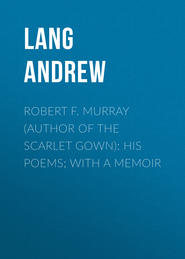 полная версия
полная версия
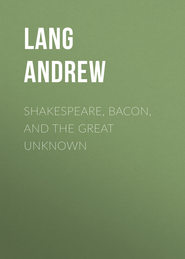 полная версия
полная версия
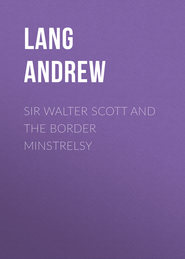 полная версия
полная версия
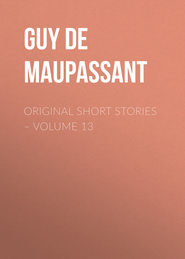 полная версия
полная версия
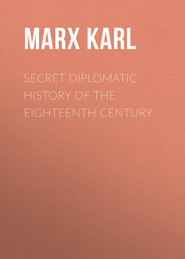 полная версия
полная версия
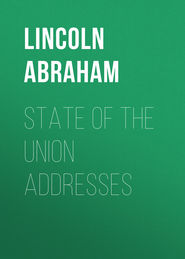 полная версия
полная версия
 полная версия
полная версия
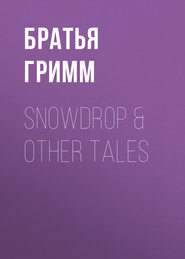 полная версия
полная версия
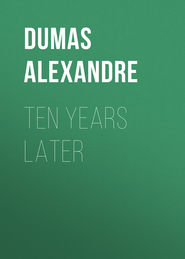 полная версия
полная версия
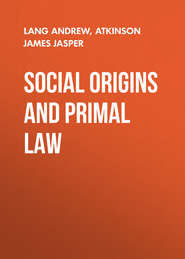 полная версия
полная версия
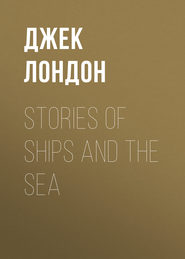 полная версия
полная версия
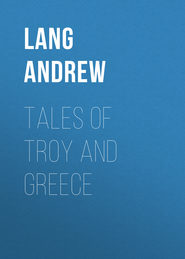 полная версия
полная версия
 полная версия
полная версия
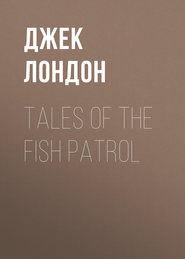 полная версия
полная версия
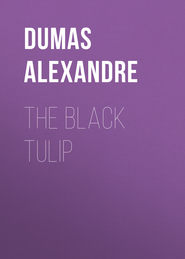 полная версия
полная версия
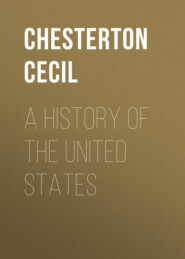 полная версия
полная версия
 полная версия
полная версия
 полная версия
полная версия
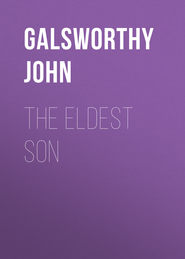 полная версия
полная версия